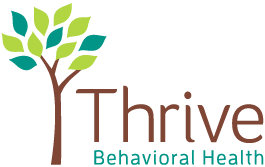Reward children for their good behavior
Time outs are generally losing their power by elementary school. Children who experience melt downs, however, may benefit from some quiet time to calm down or think about better choices. Younger children often respond well to simple sticker charts or reward systems. Positive reinforcement of good behavior works better than punishing bad behavior at this age.
Never hit
Regardless of how frustrated you get, don’t hit your child. Research shows that children who are hit by grown-ups become hitters themselves. Now is the time to choose better means of discipline.
Talk about it
If your normally happy child starts acting out frequently, sit down and talk with her about it. Find out what’s happening, what’s triggering this unusual behavior, and discuss some solutions. Sudden changes in behavior can be an important clue that your child needs your help.
Revoke privileges
Children in elementary school understand what it means to have privileges taken away as a consequence of bad behavior. Make the punishment fit the crime. For example, if he punches his little brother while playing ball, he loses his privileges to play basketball the rest of the day.
Show, don’t tell
Remember, you need to model the behavior you want to see. If you expect your child to be polite and kind, you need to act the same way. Your child will be more likely to behave well if she sees you doing the same.

